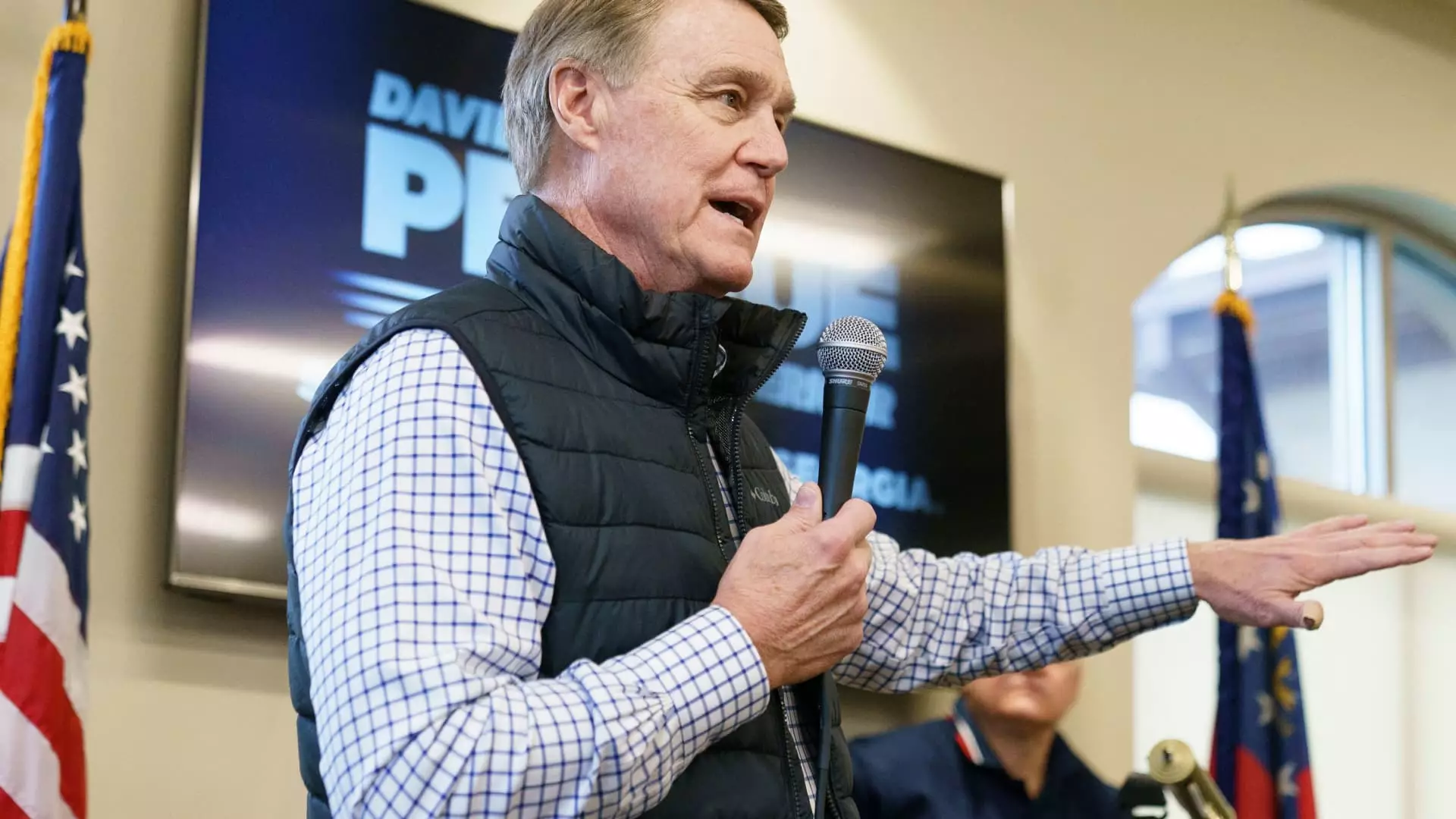In a bid to recalibrate U.S.-China relations, President-elect Donald Trump has announced former Senator David Perdue as his pick for ambassador to China. This appointment signals a clear intent to blend political experience with business acumen, as Perdue enters a role that many believe is critical in mitigating the ongoing tensions between the two global powers. Trump emphasized Perdue’s business background, asserting that he would play a crucial role in fostering peace and a productive relationship with Chinese leadership. However, this announcement also raises questions about the underlying approach Trump may take towards handling complex issues like trade and narcotics trafficking.
Trump’s nomination of a former senator highlights a trend in U.S. diplomatic appointments, particularly in relation to China. Traditionally, the assignment of high-profile positions such as ambassador has alternated between career diplomats and former politicians. This time, Trump’s approach is markedly different, given his earlier decisions in the realm of diplomacy. Former Ambassador Terry Branstad attempted to leverage personal connections cultivated over decades to ease trade tensions, but the outcome was less than fruitful—resulting in escalating trade wars instead. With Perdue at the helm, one must consider whether he can break the cycle of negotiation failure through effective relationship-building or if he will simply feed into the existing adversarial narrative.
As part of this unfolding diplomatic narrative, Trump has made it clear that additional tariffs on Chinese goods are on the table unless concrete actions are taken to address the trafficking of fentanyl. His threats—first of a 10% tariff and even greater levels while campaigning—indicate a potentially aggressive stance that suggests negotiations may not only be difficult but could also escalate into further economic conflict. This hardline philosophy appears to underpin his administration’s approach to international relations amidst rising global tensions.
The role of ambassador to China comes at a pivotal time, not just in terms of trade but also in the broader context of U.S. foreign policy. With analysts predicting an inclination from Beijing to seek direct engagement with the Trump administration, the effectiveness of Perdue’s strategies will be closely scrutinized. Should he adopt a conciliatory yet firm approach, it could either lead to constructive dialogues or exacerbate current issues inflating tensions. Furthermore, as the U.S. grapples with its next chapter in international relations, Perdue’s ability to bridge gaps amid deep-seated mistrust will be critical.
As Trump prepares to take office once more, the stakes for U.S.-China relations have reached an all-time high. Perdue’s nomination signals a potential shift towards a confrontational yet strategic diplomacy that may redefine bilateral relations in the coming years. Whether this new ambassador can steer the U.S. towards more stable and cooperative ties with China or pull the countries deeper into discord remains to be seen. The coming months will be crucial, not only for assessing Perdue’s effectiveness but also the overarching impact of Trump’s revived economic and diplomatic strategies on the world stage.


Leave a Reply